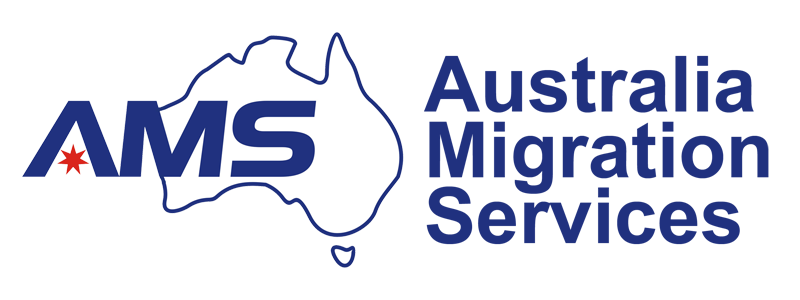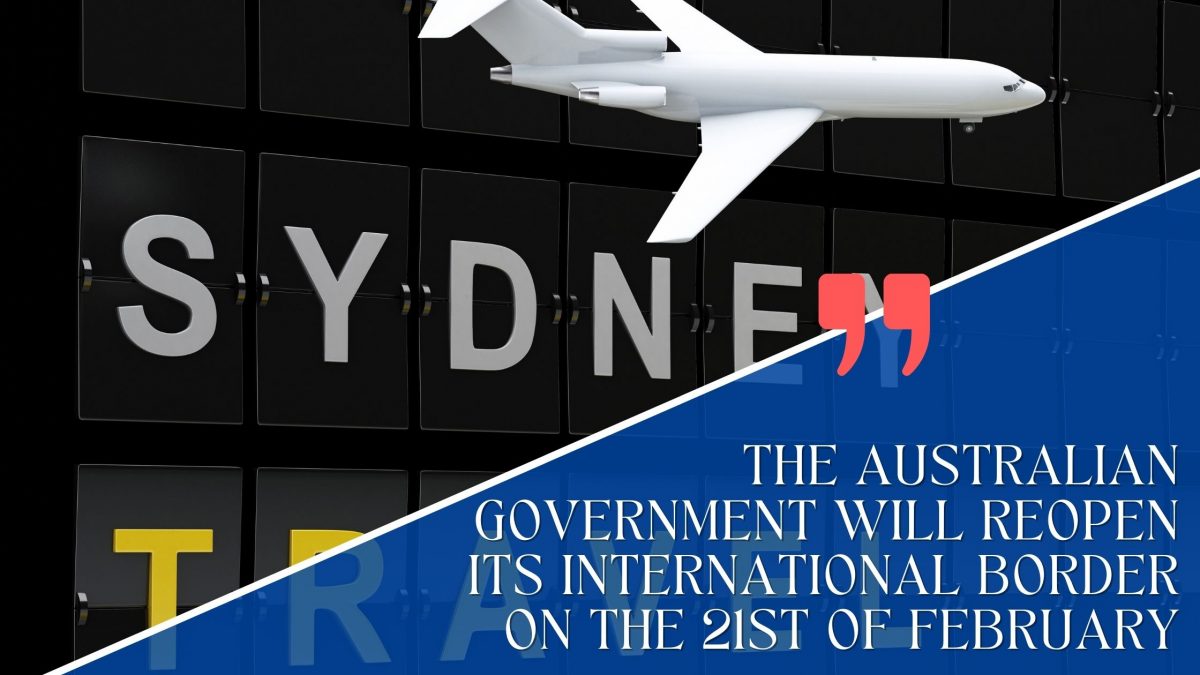On 21 February, Australia will reopen its borders to most international arrivals for the first time in almost two years due to COVID-19. Here are some things you need to know about the move.
International tourists will be able to enter Australia for the first time in nearly two years when it reopens its borders on 21 February.
Announcing the measure this week, Home Affairs Minister Karen Andrews said that opening up our borders is “protecting the health of Australians, but at same time working towards economic recovery here.”.
What is happening?
Starting this month, Australia will no longer require people to have an exemption in order to enter the country. This means that tourists and other visitors who had not been able to visit since March 2020 can now do so without any restrictions..
Prime Minister Scott Morrison announced that the Cabinet has decided to resume the gradual reopening of the borders..
“It’s a sensible and, I think, very important move for us to make as we … as best as we possibly can this year, drive Australia back to a position of as much normality as we can achieve,” he told reporters.
What are the requirements?
If you are looking to travel to Australia after 21 February, you will not need an exemption, but must be able to show that either you have been vaccinated or possess a medical certificate.
Guidance on the Department for Home Affairs website said “fully vaccinated” means having been given two doses of either AstraZeneca, Pfizer/BioNTech, Moderna, Sinopharm (for people under 60 years of age on arrival), Sputnik or Novavax inoculation and one dose from Johnson & Johnson developed Janssen vaccine.
These are all approved or recognized by the Therapeutic Goods Administration, and the body is evaluating other vaccines which could be added to this list in future.
However, individual state and territory jurisdictions can introduce their own restrictions. For example Victorian Premier Daniel Andrews has said international visitors must have received three doses of an approved vaccine before they will be allowed into Victoria.
Federal Finance Minister Simon Birmingham said that Mr. Andrews was fuelling uncertainty and should reconsider because the state might miss out on all of the potential economic advantages that travellers will bring.
“The Commonwealth health advice says that we can go with the double dose,” he told the Nine Network on Wednesday.
“Of course, he [Mr Andrews] can offer, we can offer … the chance to get a booster when they get here. We don’t want to have a fight over this. We want them [Victoria] to adhere to the same type of approach that we’re trusting the rest of the country will stick to, which is the health advice says double dose.”
What about people who are not vaccinated?
Those who cannot be vaccinated for medical reasons are able to “access the same travel arrangement” as fully vaccinated people, the department said.
This will involve people having to show a medical certificate, written in English. The certificate will include their name, date of consultation and details outlining the condition they are suffering from. Previous infection with COVID-19 is not considered a medical contraindication for COVID-19 vaccination, the government said; Mr Morrison alluded to Novak Djokovic’s case when he said “events earlier in the year should have sent a very clear message”.
Children under 12 are considered as fully vaccinated for travel purposes, even if they have not been given any dose. In the meantime, arrangements are in place to allow children who aren’t vaccinated or partially-vaccinated between 12 and 17 to arrive into certain states and territories with a fully-vaccinated adult.
What has happened with Australia’s gradual reopening?
The Prime Minister announced an unprecedented closure of borders to non-citizens and non-residents on March 20, 2020. He also added that their number one priority is to slow the spread of coronavirus, which has been saving lives for quite some time now.
On October 2021 they reopened borders only to immediate family members of Australians or permanent residents who were able through exemptions into Australia, but are subject to state and territory quarantine arrangements.
They partially reopened international students’ access by lifting travel bans on December 15 last year – postponed from 1 December – as well as a range other visa holders being allowed entrance without an exemption from that date including 482 Temporary Skills Shortage visas, 417 Working Holiday visas and 870 Sponsored Parental Visa recipients.
What does this mean to Migrants?
The Australian Government made some Visa changes for 2022 that will make it easier for people to come and stay in Australia. There are 20,000 visa holders who may benefit from these changes.
One way to get permanent residency is having one skill that Australian businesses are in need of. Australia has an ongoing need for skilled workers, and if you are looking for a job-and know that your skills meet the qualifications-you should start your application today!
You’ve found the perfect job in Australia and you need to know how to get there? Talk with one of our MARA registered migration consultants for information on Australian immigration today!
——————
Change the last line for AABD:
What does this mean to Employers?
Recent changes to the regulation have made it possible for employers in Australia to find a solution for their staff shortage.
Are you looking to hire an overseas candidate or have you found an overseas candidate that might be a good fit for you?
Our parent company, Australia Migration Services, is experienced in all visa-related matters and has processed numerous employer-sponsored visas for candidates and employers alike.
To best help you, we advise you to speak with one of our MARA registered consultants. They will provide a clear and step-by-step explanation of pathways for sponsoring your ideal candidate.
If you have queries relating to the above, or need urgent assistance, please call us on 03 9092 1688 or email us at info@aabd.com.com.au.





